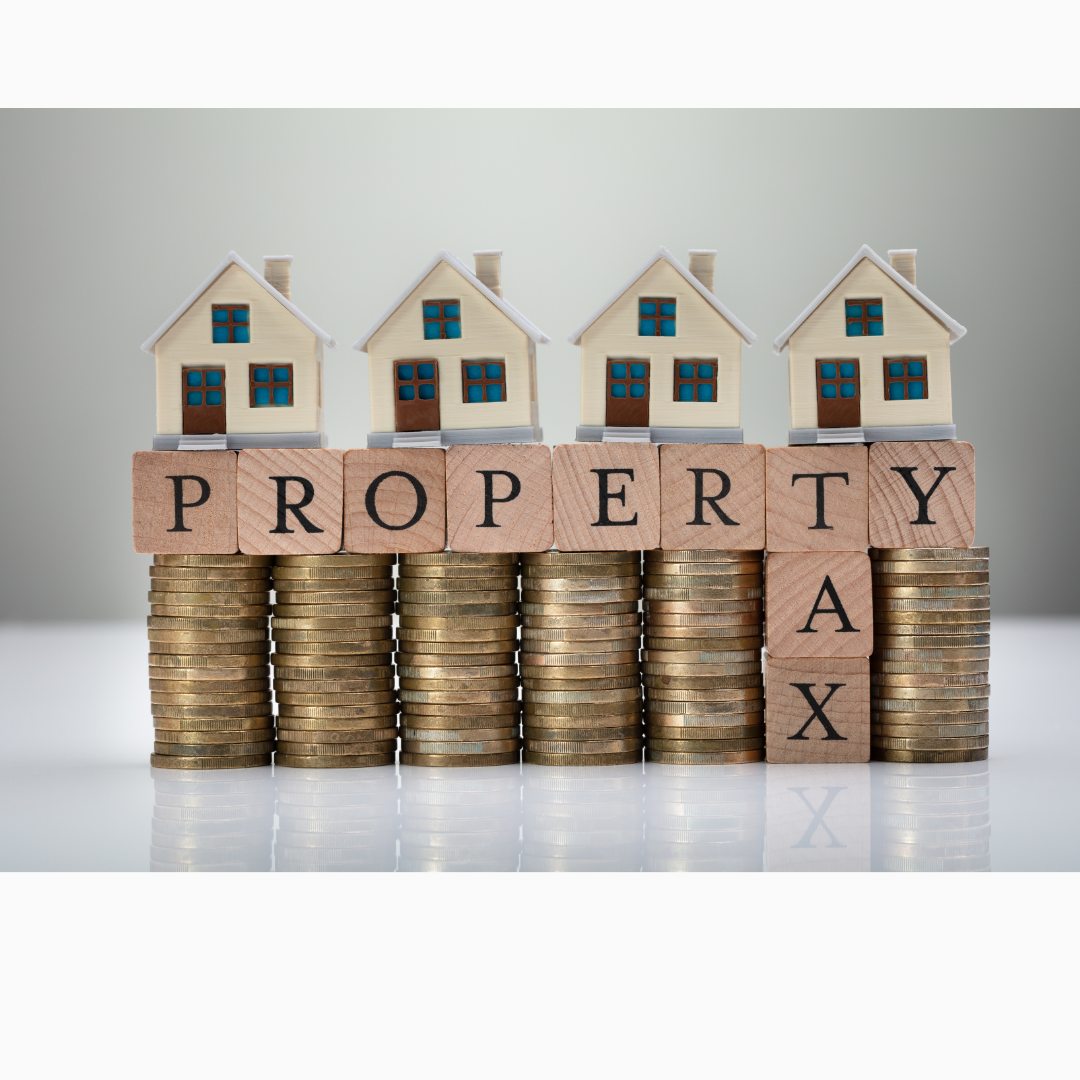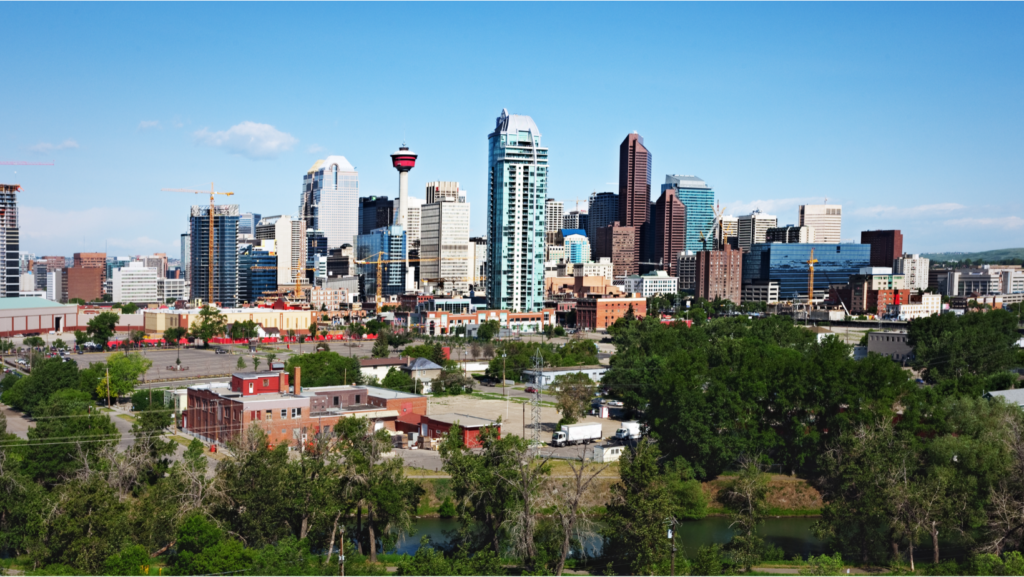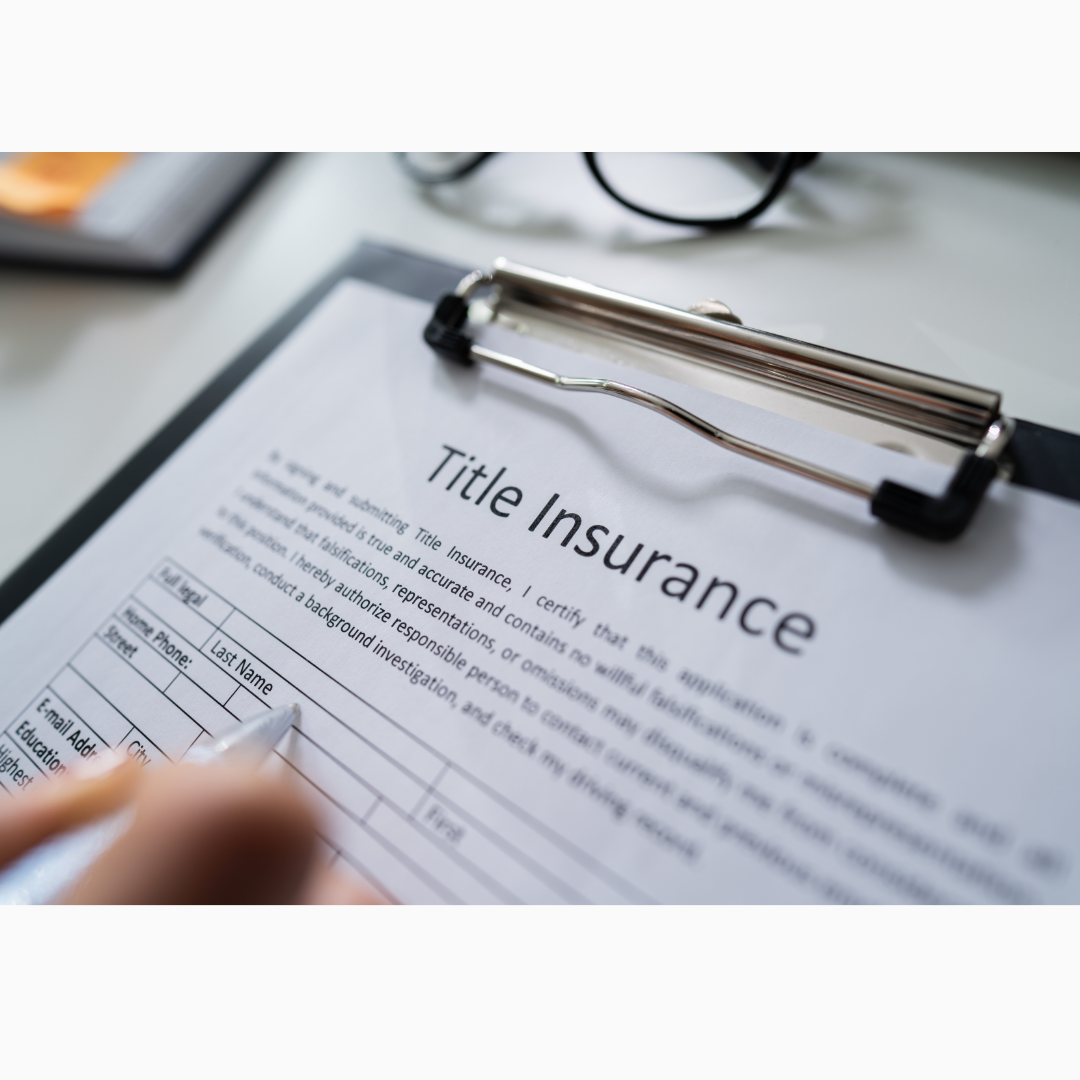Purchasing a home can be an exciting yet daunting experience. There are so many factors to consider, including price, location, and features. However, before you sign the contract, there are crucial steps that you must take to protect yourself as a new home buyer. In this blog post, we will discuss the top 10 things every new home buyer must do before signing the contract and making their biggest investment.
Top 10 things:
Research the area: It is important to research the neighborhood where you plan to buy a home. Check crime rates, school districts, and amenities such as parks, restaurants, and shopping centers. This information can affect the resale value of the home and impact your everyday life.
Check your credit score: Your credit score plays a significant role in getting a mortgage loan and determining interest rates. Make sure you have good credit before applying for a mortgage to avoid rejection or higher monthly payments.
Get pre-approved for a mortgage: Getting pre-approved for a mortgage is essential. This can help you know your budget and how much house you can afford. It also demonstrates to sellers that you are a serious buyer and can lead to quicker closing times.
Hire a real estate agent: A good real estate agent can help you navigate the housing market, negotiate contracts, and find suitable homes that meet your needs and budget.
Conduct a home inspection: Before signing the contract, make sure to get a home inspection. This helps you identify any existing problems or possible issues which can affect the sale or require more money later on for repairs.
Read the contract: Make sure to read the entire contract before signing it. This ensures that you understand all terms, including clauses, contingencies, and obligations. If you are unsure of any terms, ask your real estate agent or a lawyer for advice.
Save for closing costs: Closing costs are unavoidable expenses that cover legal fees, property taxes, and other costs associated with buying a home. Make sure to save enough money for these expenses so that you are not caught off guard.
Avoid moving money around: When applying for a mortgage, do not make any significant purchases, or move money around from different accounts. This can cause complications in the approval process and delay the closing date.
Purchase homeowners insurance: Just like car insurance, homeowners insurance is essential to protect your investment. It covers damages from natural disasters, fires, theft, and other risks.
Prepare for relocation: If you are moving to a new area, prepare for the relocation process by packing early, hiring reputable movers, and arranging for your utilities to be turned on.
In conclusion, buying a home is a significant commitment that requires careful consideration. These top 10 steps every new home buyer must do before signing the contract can help you make the best decision possible. Remember to research your neighborhood, check your credit score, and get pre-approved for a mortgage. Hire a real estate agent, conduct a home inspection, and read your contract thoroughly. Save for closing costs, avoid moving money around, and purchase homeowners insurance. Lastly, prepare for relocation if you are moving. Follow these steps, and you will be well on your way to homeownership.











